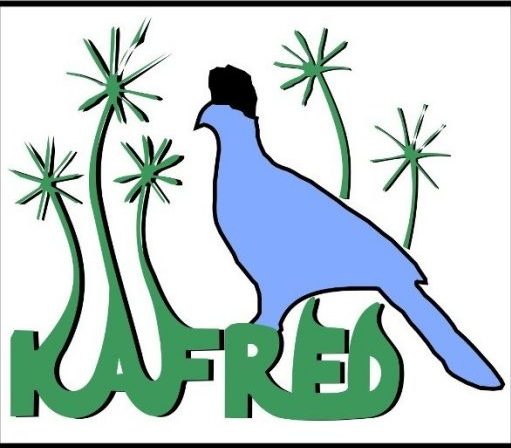KAFRED with funding from the Buckminster Fuller Institute (BFI) and technical support from Regenerosity, UK, is implementing this 18 months Regenerative Agriculture project in Bigodi Town Council and Busiriba sub county. This project is titled; demonstrating a transition to regenerative agriculture in Bigodi; “Supporting resilient livelihoods, ecological health, and community learning”. The purpose of the project is to create viable regenerative economic alternatives to tourism, support the long term health of the local ecology, and see an increase in good nutrition, soil health, waterway protection, and air quality.
The project is to facilitate the great need to change the agricultural methods so that they do not degrade the health of wetlands, forests and other ecosystems, but in fact contribute to ecosystem and human health. The project further aims to promote regenerative agriculture through building local capacity, creating awareness and establishing a learning model. Regenerative agriculture will also provide quality assurance to the existing tourist facilities and hence ensure a
reliable market for many of the food supplies. With the COVID pandemic, tourism fell drastically, and this highlighted the importance of diversifying sources of income and livelihoods. This regenerative agriculture project will also help to support the resilient livelihoods of the targeted community and beyond; support the target community in deepening into an attitude and understanding of interdependence (‘systems thinking’); create viable regenerative economic alternatives to tourism; support the long term health of the local ecology, including of wetlands and Kibale National Park; and see an increase in nutrition, soil health, waterway protection, and air quality.
Main Project Strategies:
1. Create a demonstration site for regenerative agriculture, showcasing how regenerative agriculture can support a family, even in small spaces.
2. Train local coffee and groundnut growers in regenerative agriculture, and establish a community regenerative agriculture coffee buying network (while measuring the impacts of transitioning from conventional coffee growing to regenerative),
3.Teaching regenerative agriculture in the target community and beyond, and highlighting it as a method of conserving and benefiting biodiversity.
Meet the regenerative agricultural practitioners of Uganda telling the story

